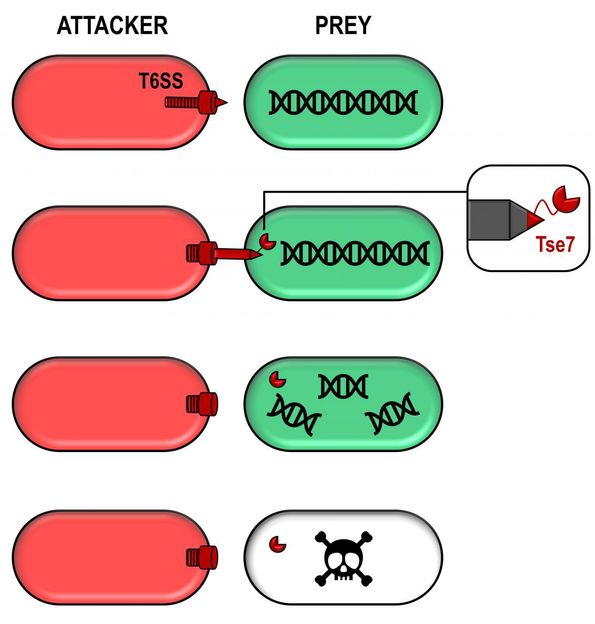Merck strengthens biorefineries of the future
In early March, the EU research project known as EuroBioRef was launched. Over the next four years, 28 partners from 14 countries will jointly develop future-oriented solutions for the energy-efficient conversion of biomass from agricultural feedstock into final commercial products. The objective is to increase the energy and resource efficiency of the European chemical industry. Merck KGaA is playing an important role here. Within the scope of the project, the company is developing a new generation of ionic liquids.
Ionic liquids – a pioneering technology
Merck has been conducting intensive research in the field of ionic liquids for ten years. Their use in processing biomass is new. New valuable products such as butanol and other higher alcohols are to be extracted from diluted aqueous solutions with the aid of ionic liquids. The process used will have a significantly better energy balance sheet than that of conventional distillation production processes. Ionic liquids are salts that are liquid at temperatures below 100°C. As a result, they increase the efficiency of the processes used to make butanol while lowering the cost.
Building a bridge between industry and research
The EuroBioRef project is bringing together leading European biochemical companies, universities and research institutes to exploit valuable synergies in the development of sustainable biorefinery processes. Investment costs, production times and logistic ef-forts will be significantly reduced, while raw material and production unit flexibility, reac-tion and separation performance will be increased. In this way, the economic efficiency of European biorefineries is to be increased by 30% and their energy consumption reduced by 30%. The focus is additionally on the ability to adapt to the infrastructure of local markets in order to minimize risks for investors and to promote the pan-European introduction of new biorefinery processes.
Other news from the department science

Get the life science industry in your inbox
By submitting this form you agree that LUMITOS AG will send you the newsletter(s) selected above by email. Your data will not be passed on to third parties. Your data will be stored and processed in accordance with our data protection regulations. LUMITOS may contact you by email for the purpose of advertising or market and opinion surveys. You can revoke your consent at any time without giving reasons to LUMITOS AG, Ernst-Augustin-Str. 2, 12489 Berlin, Germany or by e-mail at revoke@lumitos.com with effect for the future. In addition, each email contains a link to unsubscribe from the corresponding newsletter.
More news from our other portals
Last viewed contents

More Brain Lesions in Senior Women than in Men of the Same Age - The Extent of Abnormalities in the Brain’s White Matter Grows Significantly After Menopause
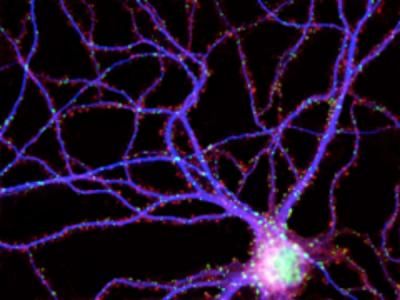
Gene found to be crucial for formation of certain brain circuitry - Identified using new technique that can speed identification of genes, drug candidates
Affibody and Agilent Technologies to Develop Robust Protein Sample
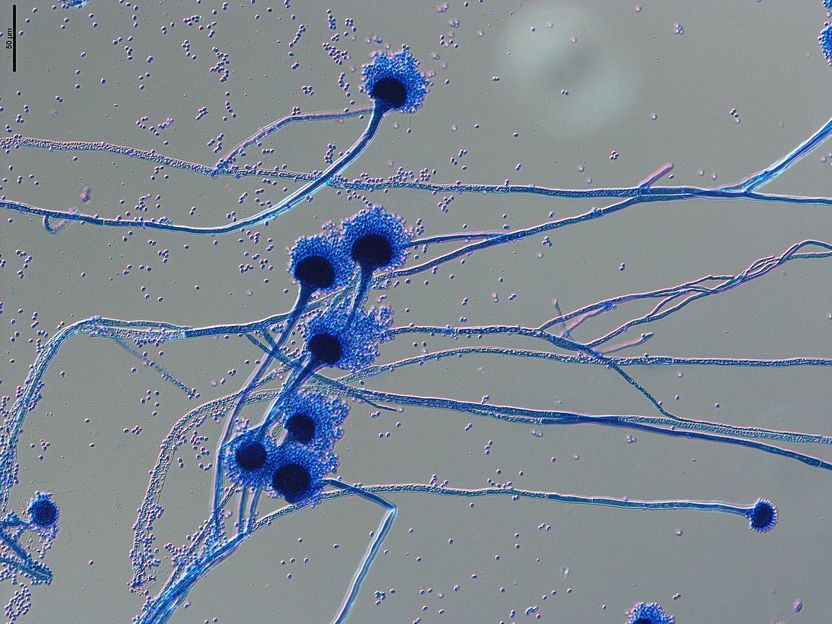
The pangenome - key to new therapies - Genetic diversity opens up new ways to treat life-threatening diseases

New base at the heart of science and industry - LUMITOS AG now calls Germany's largest science and technology park in Berlin-Adlershof its home
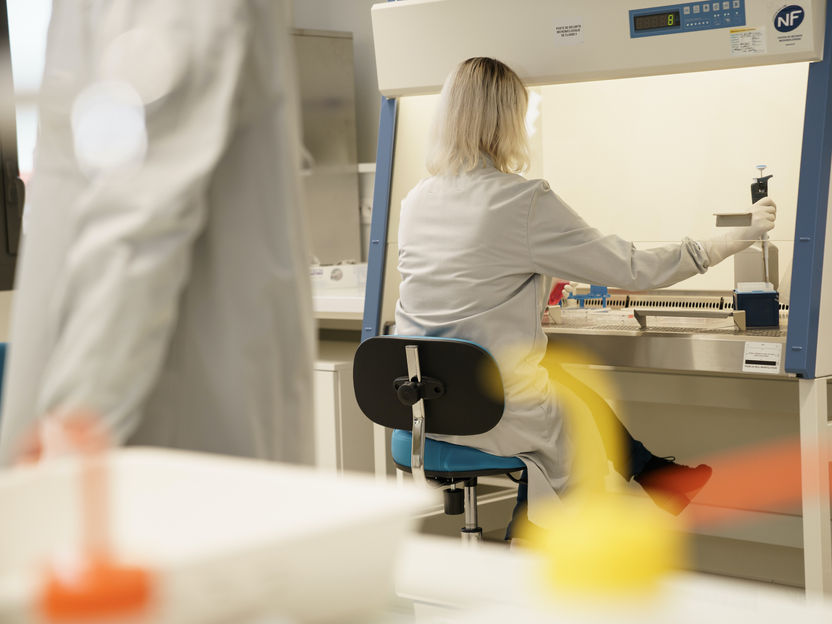
Customized coating designs against resistant bacteria and viruses, including SARS-CoV-2 - Spartha Medical receives €2.4M in financing from European Innovation Council
Welichem Begins Patient Enrollment for Phase IIb Trial of WBI-1001 Creams in Patients with Atopic Dermatitis
Lab21 Announces Licence Agreement with Ark Therapeutics for Predictive Coronary Heart Disease Diagnostic

Commercial Dishwashers Destroy Protective Layer in Gut - Chemical residue on clean plates

Poorly insulated nerve cells promote Alzheimer’s disease in old age - The results of the study show, for the first time, that defective myelin in the aging brain increases the risk of Aꞵ peptide deposition
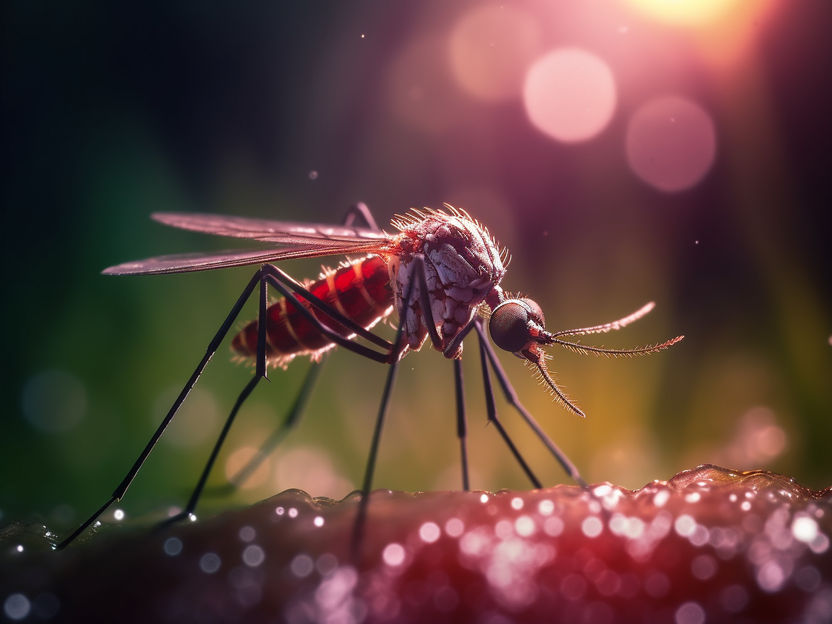
How to repel mosquitoes with the right soap scent - Virginia Tech researchers conduct proof-of-concept study on mosquito’s scent preferences
